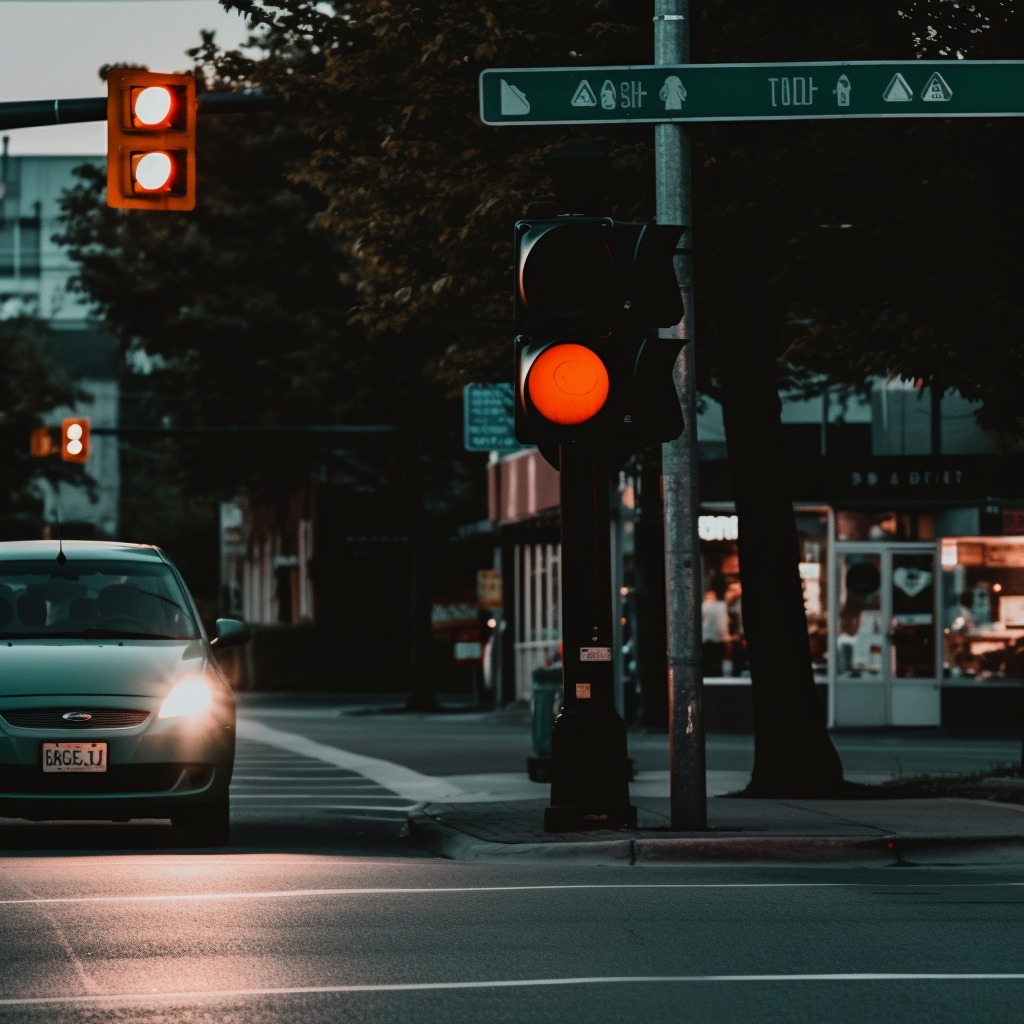When a car jerks while stopped, it can be a sign of various underlying issues. Here are some possible causes and solutions to address this problem:
1. Faulty engine mounts: Engine mounts are designed to keep the engine securely in place and minimize vibration. If the mounts wear out or become damaged, it can cause the engine to move more than usual, resulting in jerking when the car is stopped. Replacing the worn-out mounts can help resolve this issue.
2. Idle air control valve (IACV) malfunction: The idle air control valve is responsible for regulating the amount of air that enters the engine while idling. If it becomes clogged or malfunctions, it can disrupt the engine’s idle and cause the car to jerk. Cleaning or replacing the IACV can resolve this issue.
3. Dirty fuel injectors: Over time, fuel injectors can become dirty or clogged, affecting their ability to deliver fuel efficiently. When fuel flow is interrupted, it can cause the engine to jerk when stopping. Cleaning the fuel injectors or using a fuel system cleaner can help resolve this issue.
4. Faulty spark plugs or ignition coils: Spark plugs provide the spark needed to ignite the fuel in the combustion chamber, while ignition coils help deliver high voltage to the spark plugs. Worn-out spark plugs or faulty ignition coils can lead to misfires, causing the engine to jerk when stopped. Replacing the spark plugs and ignition coils can help resolve this issue.
5. Dirty throttle body: The throttle body controls the amount of air that enters the engine. If it becomes dirty or clogged with carbon deposits, it can disrupt the airflow and cause the engine to jerk when stopped. Cleaning the throttle body can help resolve this issue.
6. Vacuum leak: A vacuum leak occurs when there is an unintended opening in the intake manifold or vacuum hoses, allowing extra air to enter the engine. This disrupts the air/fuel mixture and can cause the engine to jerk. Inspecting and repairing any damaged vacuum hoses or gaskets can resolve this issue.
7. Transmission issues: Jerking can also be caused by problems with the transmission. Issues such as low transmission fluid level, a clogged transmission filter, or a worn-out torque converter can cause the transmission to slip or engage abruptly, resulting in jerking when stopped. Regular maintenance, including checking the transmission fluid level and changing the filter, can help prevent such issues.
8. Engine misfires: Misfiring occurs when the fuel-air mixture in one or more cylinders fails to ignite properly. This can be due to various factors, including faulty spark plugs, ignition coils, fuel injectors, or oxygen sensors. Getting a diagnostic scan can help identify the specific cause of the misfire and address the issue accordingly.
In any case, when experiencing jerking while stopped, it is recommended to have a qualified mechanic inspect and diagnose the problem. They will be able to identify the root cause and provide the necessary repairs or maintenance to resolve the issue. Ignoring this problem can lead to further damage and potentially more expensive repairs in the future.

